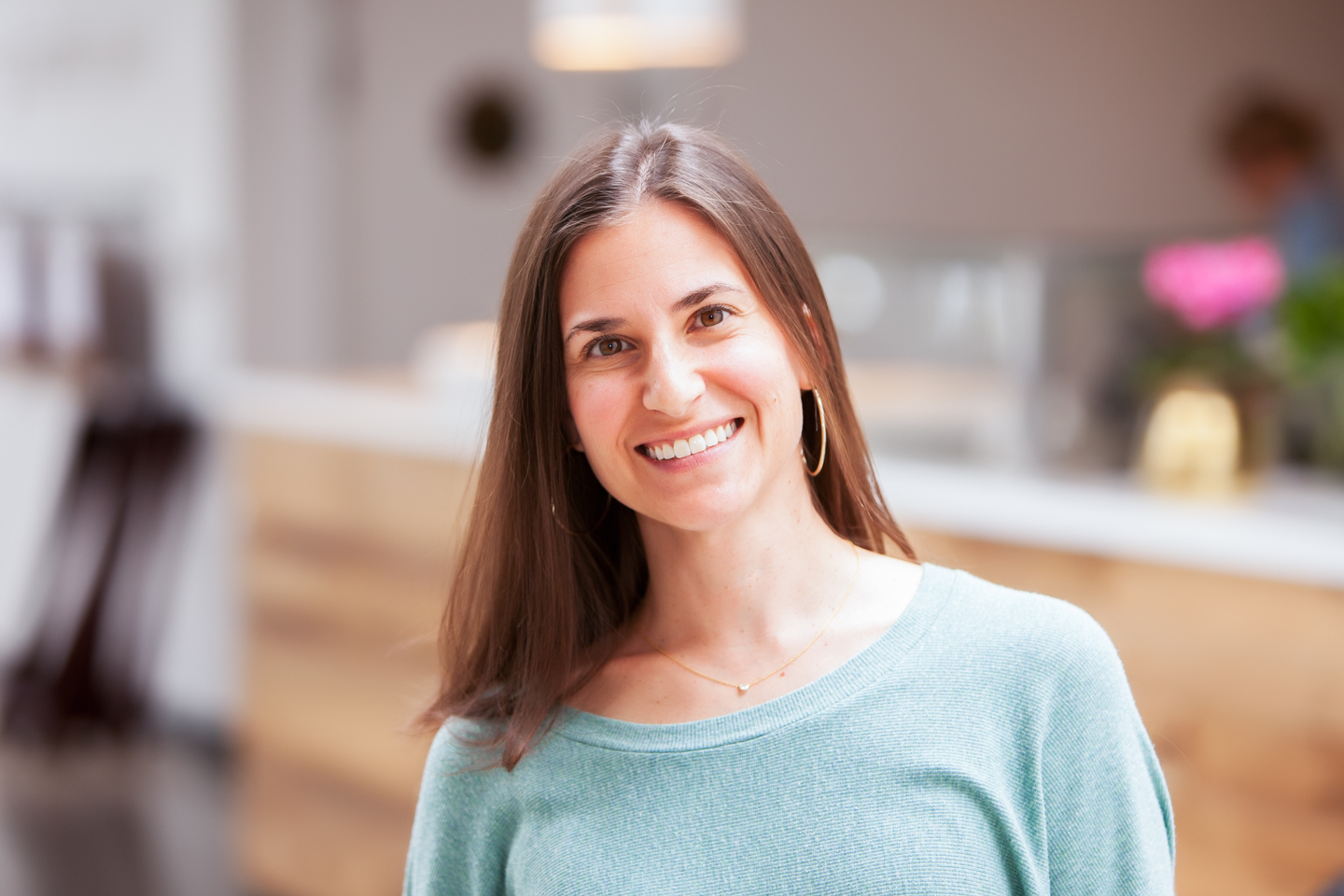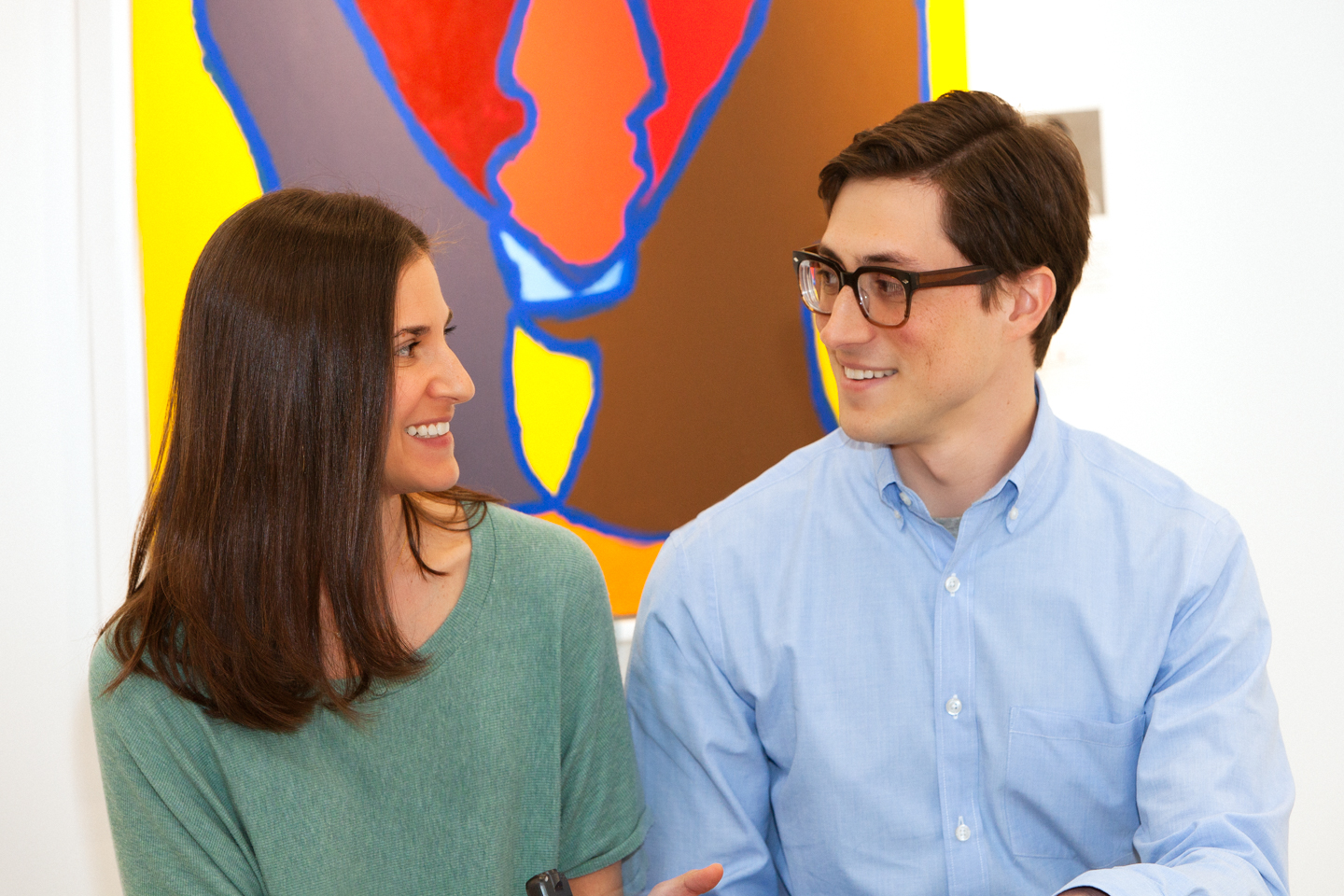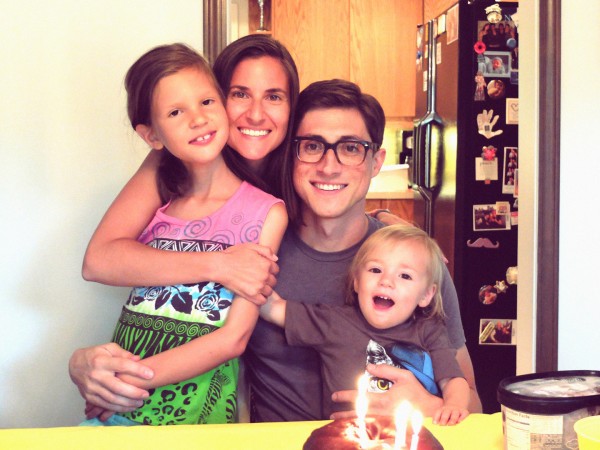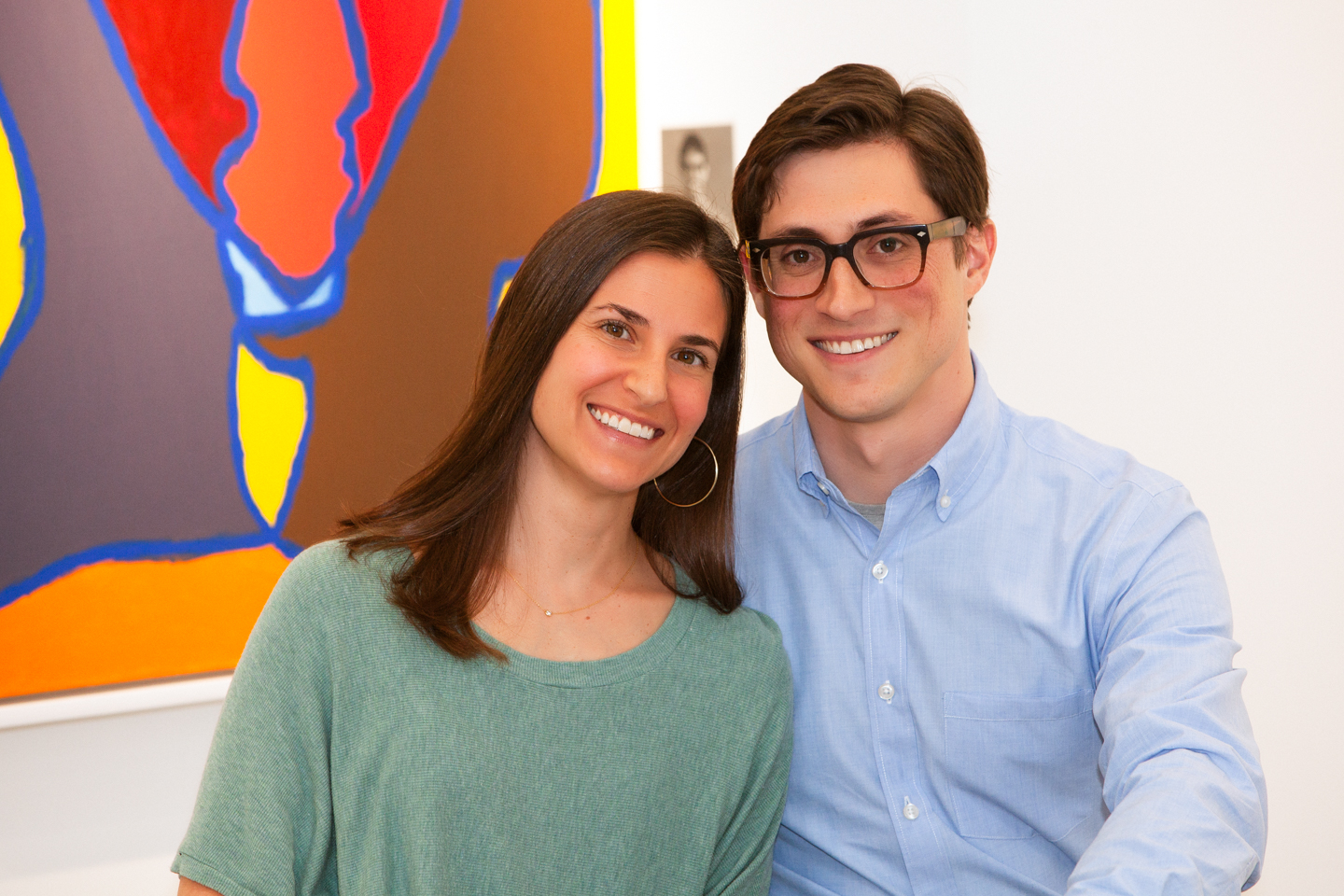by Vivian Henoch
Ben and Dani met on a Jewish Federation Young Adult Mission to Israel that Dani was asked to chair. Just friends at first, then as business partners in 2012 and now as husband and wife, Ben and Dani are Co-Founders of Birdhouse Health (birdhousehq.com) – an online suite of care management apps and resources created to empower parents raising children with special needs.
Dani, “a California girl living in the Midwest,” moved to Detroit in 2002. Looking to build community, she was an active volunteer with several different organizations, but found her calling with Friendship Circle and JARC after her daughter, Brodie, was diagnosed with Autism Spectrum Disorder at the age of 3½. Tech-oriented and an entrepreneur, educator and Jewish song-leader, Ben spent a year organizing and leading Birthright trips for the Detroit Federation. Both Dani and Ben served on the NEXTGen Board when it was called YAD (Young Adult Division).
Brodie was six years old when Ben started dating Dani. From the start, he wanted to learn everything he could about autism. For years, Dani had been tracking Brodie’s prodigious medical history with a pencil and paper. “I used to spend hours with big fat notebooks,” she said, “I’d fill binder after binder with spreadsheets, daily recording Brodie’s behavior, moods, meltdowns, how she slept, what she ate, notes from therapists, etc. I was trying to make sense of it all, so I could help her be her best and get her needs met in order to see her really be able to thrive.”

“It looked like so much work!” As Ben explained, “I was blown away by how much effort Dani took to care for Brodie. In fact, it seemed to me that everyone who has ever had to manage the care of a family member with a specialized health condition has a similar challenge. There’s so much to remember and a lot of responsibility and, because you are trying to stay on top of so much information that gets thrown at you every day, you start writing everything down.
“We needed a better way . . .
“There were lots of great apps and websites for kids with special needs, but hardly anything for parents to stay organized and keep it all together. We use apps and websites every day for the most trivial things, how could it be possible that for things that actually matter – like providing care for a loved one – that we’d find nothing good out there?”
Dani had started her own system for managing Brodie’s care. She used a table created in Microsoft Word, but its format was linear and cumbersome. What Ben had in mind was more fluid and user-friendly. He wanted something akin to a Facebook or Twitter platform – a private and searchable newsfeed to keep an online care journal with a calendar function, where parents could track, organize and share information about their child’s day-to-day activities, medications, doctor visits, therapies, teachers’ notes – all at their fingertips in one convenient place on a computer or smartphone.
From the very beginning, Brodie’s and Dani’s challenges and their triumphs were the inspiration for building Birdhouse. “The name for the company had to mean something,” says Ben. When Dani started blogging, she used ‘Little Bird’ as the moniker for Brodie to protect her daughter’s anonymity online. The name caught on within the family, and in one of those aha moments, it hit them: what better name for their new venture than Birdhouse, a name that connotes safety, security, love and family.
Birdhouse is not just an app, it’s a social impact company that empowers families around the world to be their best, with the heartbeat of a community that’s growing. Today, more than 15,000 families raising children with special needs across six continents have signed up to benefit from resources & support from Birdhouse. (There are no subscribers in Antarctica . . . yet.)
As director of creativity and business development, Ben continues to push the Birdhouse brand and recently has expanded it by releasing Birdhouse Apps for Epilepsy, Special Needs and Special Education Instructors. A Birdhouse App for Senior Care is also in development. As head of marketing, Dani is the face and voice of Birdhouse, where she continues to write, curate and share articles, health tips and resources on the Birdhouse blog and across multiple social media platforms including Facebook, Twitter and Pinterest.

A trusted resource in the special needs community, Birdhouse has been featured in Forbes, Crain’s Detroit Business, Parents.com, The Huffington Post, Smart Apps for Special Needs, Autism Speaks, Friendship Circle, Detroit Metro Parent, The Autism Show Podcast, Kveller and more. Dani is an accomplished writer and recently has widened her audience in a series called A New Normal published by Amy Poehler’s Smart Girls.
Q & A with Dani and Ben
How do families use Birdhouse and what kind of feedback do you have?
B: Because every child is different, every family has their own unique needs. Some families use Birdhouse religiously, like a trusted journal at their side throughout every hour of every day, recording as much as possible about their child and notable events of the day. Other families just use Birdhouse to manage meds, for tracking moods, for troubleshooting behaviors or organizing notes from doctor visits.
D: One of the great features of Birdhouse is being able to share information, so that parents, caregivers – even teachers – can collaborate with one another and stay on the same page as a team. That ability helps open communications and cuts out the confusion as to who is doing what.
B: The priority we’ve placed on the app’s design from Day One has been convenience. Our goal always has been a counterintuitive one — to give people the confidence and answers they need to use Birdhouse less and less over time.
How do you measure success with the app and what are some of the challenges you face?
B: Being a social impact company, we’re focused as much on the social return as we are on the financial return. So making money is necessary to support our continued growth, but many of the success indicators we pay attention to actually precede that. Are we empowering parents to be their best? Are we helping them stay organized and in control? Are we giving them the right tools to help their children thrive?
D: One of the best things about working with Birdhouse is that we get to hear amazing stories from families. Nothing feels better than hearing firsthand from parents how Birdhouse has transformed their lives and helped them learn more about their children. It really validates our entire existence as a company.
B: One challenge is that in many cases families will use Birdhouse to try to figure something out about their child, like why they’re having meltdowns or waking up in the middle of the night or displaying a certain behavior, and they’ll discover those answers so efficiently using Birdhouse that they drop off after a month or two. Then they’ll come back around in 4 or 6 months when the next issue arises. It’s kind of a strange problem for us. So something we’re working on is figuring out how to make Birdhouse valuable to those families in between periods of volatility or uncertainty? What else can we do for them, or what other challenges can we help them with, once they’ve found the answers they came to Birdhouse looking for?

In what ways has raising Brodie drawn you closer together as a family?
D: We have to be forward thinking and positive. Although we work hard at instilling life skills and independence, we are not raising a child who is following the typical path and who will grow up to get a job and move out and start a family. We are in it all as a family for the long haul. Brodie and her younger brother, Julian, have an incredible bond like nothing I’ve ever witnessed. We often find ourselves in fierce-advocate roles. We’ve had to battle with schools, camps, exclusion in the community and stigma. We’ve learned not to sweat the small stuff and we really enjoy every step forward, no matter how small. We feel a deep responsibility for one another’s well being; no one does anything alone. We are here to celebrate and cheer each other on in every way, every day.
Yes, raising a child with a lifelong disability is difficult and, yes, running a startup company can be stressful, but never is anything just one person’s problem. We truly tackle every obstacle together and celebrate every victory the same way – “We are in this together” truly has become our motto and the words we live by.

What’s your hope and dream for Birdhouse?
D: Our hope has remained unchanged since the start. We want Birdhouse to be a household name, a trusted partner to parents and caregivers all over the world. We want to become the obvious resource that’s sought out when someone finds themselves in the position of having to provide care to a family member– a child, parent, sibling, or any other loved one. No one “signs up” for this kind of thing and nearly half of all Americans are in caregiving roles for family members. The support they need is just not there, particularly when it comes to childhood disabilities and the “sandwich generation” of those caring for their kids as well as their own aging parents, and it takes a significant toll on their own health too. Birdhouse can make a profound impact.
Indeed, it already is.
Trending now: Autism by the Numbers
The U.S. Centers for Disease Control and Prevention estimates that there are about 1 in 68 American children who have Autism Spectrum Disorder (ASD), which is a ten-fold increase over the last 40 years. Autism is more common in boys than girls; boys with the diagnosis are 1 in 42; girls are 1 in 189. There are more than 3 million individuals in the U.S. and tens of millions of people affected by ASD worldwide. Additionally, the CDC places the number of American children who have a developmental disability at 1 in 6, which is also on a steep incline.



